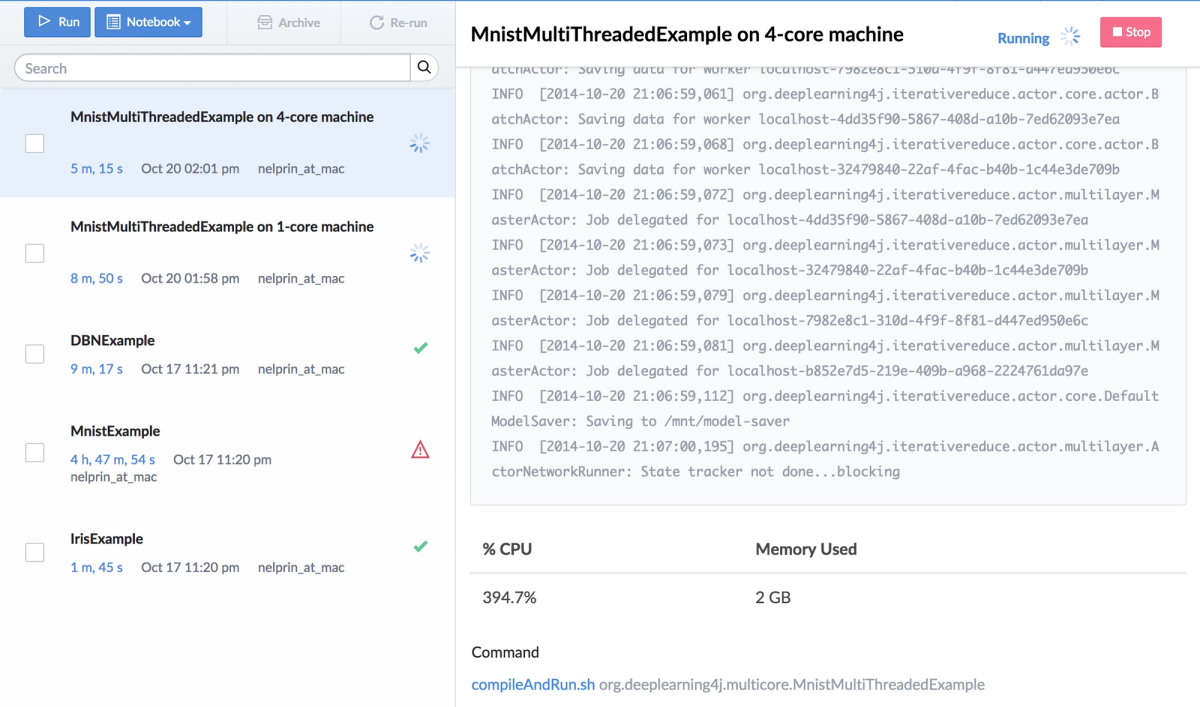Author archive for Nick Elprin, page 7

Nick Elprin
Nick Elprin is the CEO and co-founder of Domino Data Lab, provider of the open data science platform that powers model-driven enterprises such as Allstate, Bristol Myers Squibb, Dell and Lockheed Martin. Before starting Domino, Nick built tools for quantitative researchers at Bridgewater, one of the world's largest hedge funds. He has over a decade of experience working with data scientists at advanced enterprises. He holds a BA and MS in computer science from Harvard.
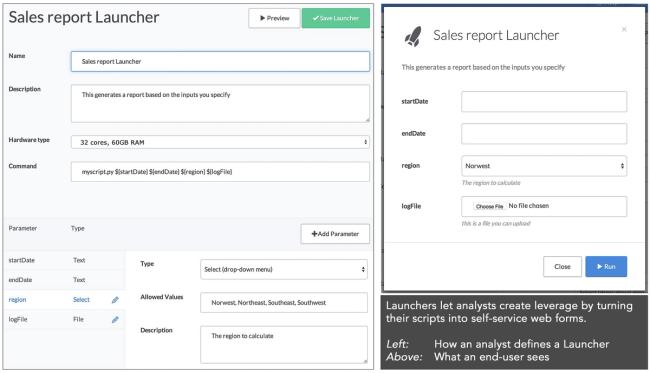
User stories: how Domino helps a data scientist create "unicorn-level deliverables"
We asked our users to tell us stories about how they're using Domino. This is what we heard from Laura Lorenz, a Data Scientist at StockUp.
By Nick Elprin4 min read
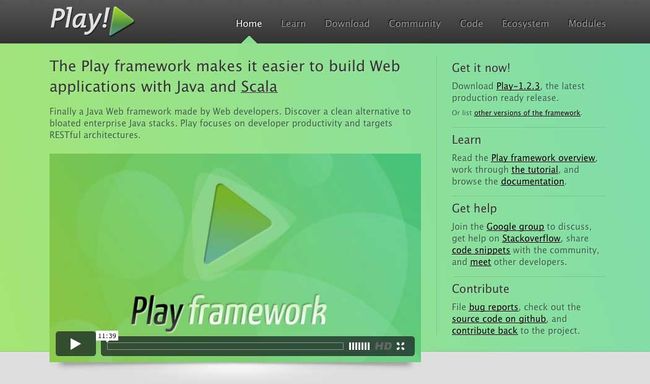
A Mongo-based Cache Plugin for Play
A quick engineering-related post: we built a cache plugin for Play that uses capped collections in Mongo. It's available on Github if you'd like to use it.
By Nick Elprin1 min read
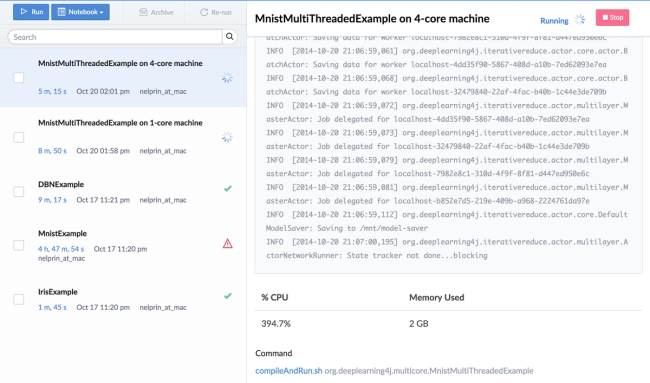
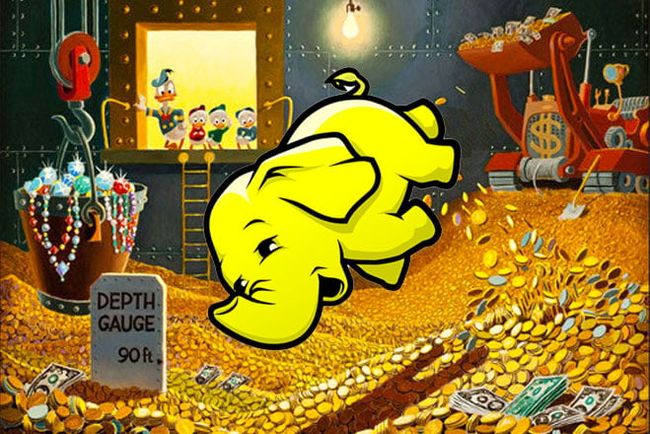

R Notebooks in the Cloud
We recently added a feature to Domino that lets you spin up an interactive R session on any class of hardware you choose, with a single click, enabling more powerful interactive, exploratory work in R without any infrastructure or setup hassle. This post describes how and why we built our "R Notebook" feature.
By Nick Elprin5 min read
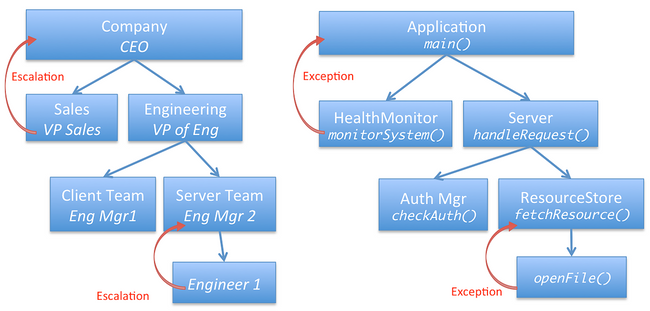
Management lessons from software engineering
As I've evolved from being an individual software developer to managing teams and starting a company—a data science platform—I continue to notice parallels between the principles of good engineering and the principles of good management. I have no delusions of novelty here but it's an interesting topic with a lot of surface area, so I plan to write more about this over the coming months. For now, I want to focus on one specific similarity: situations where "someone" is unable to do what has been asked of them.
By Nick Elprin6 min read
Subscribe to the Domino Newsletter
Receive data science tips and tutorials from leading Data Science leaders, right to your inbox.
By submitting this form you agree to receive communications from Domino related to products and services in accordance with Domino's privacy policy and may opt-out at anytime.
